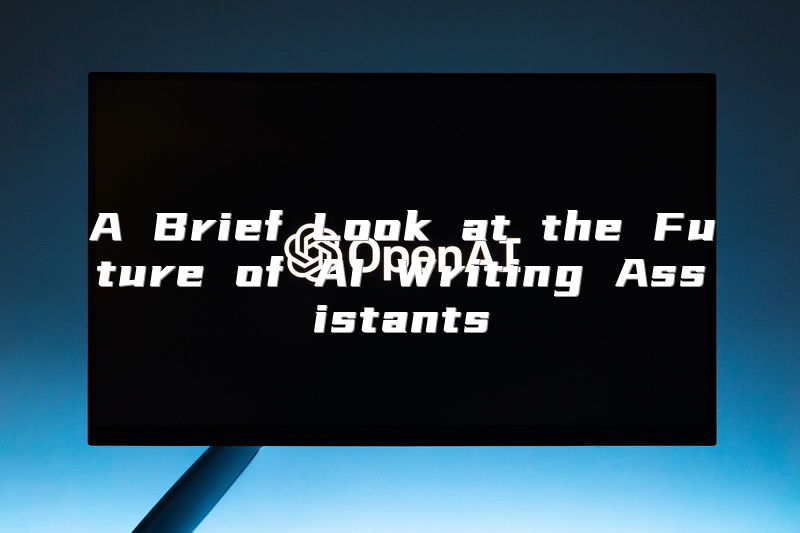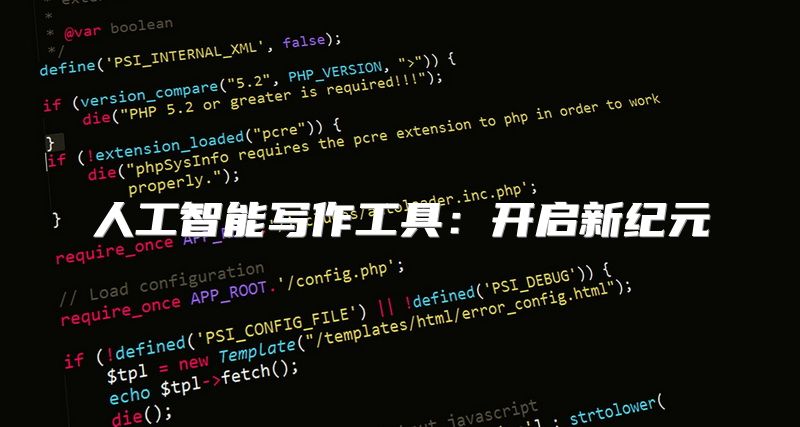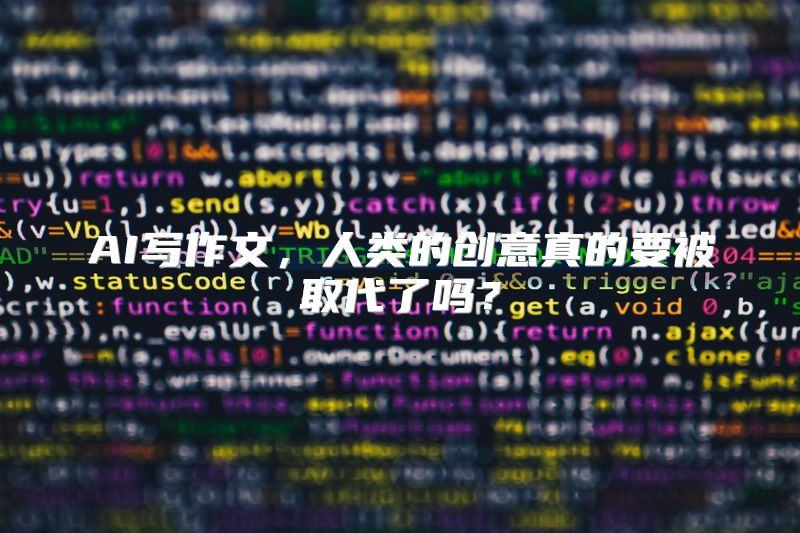A Brief Look at the Future of AI Writing Assistants
In recent years, advances in artificial intelligence have brought about a revolution in technology. One area that has seen significant growth is in the development and use of AI writing assistants, tools designed to assist with tasks such as content creation, copywriting, and even creative writing.

Introduction
AI writing assistants are not new; they have been around for some time, but their capabilities have expanded significantly over the past few years. With the rise of machine learning algorithms and deep neural networks, these assistants can now produce more sophisticated outputs than ever before.
The Role of AI Writing Assistants
AI writing assistants serve multiple purposes across various industries. In journalism, they can help journalists draft articles or provide insights on trends and developments. In marketing, they can generate compelling content for social media platforms and other digital marketing channels. Even in academia, AI writing assistants can help researchers write papers or summarize research findings.
Advancements in AI Writing Assistant Technology
One of the most exciting developments in AI writing assistant technology is the integration of natural language processing (NLP) and machine learning techniques. These technologies allow AI assistants to understand human language better and respond accordingly, providing a more personalized experience for users.
Examples of Successful AI Writing Assistsants
There are numerous examples of successful AI writing assistants in various fields. For instance, Grammarly is widely used by writers for spell checking and style suggestions. It uses NLP to analyze text and suggest corrections or improvements.
Another notable example is Google's Text-to-Speech service, which allows users to convert written text into spoken words. This feature helps individuals with reading difficulties or those who prefer listening over reading.
Challenges and Opportunities
While AI writing assistants offer several benefits, they also pose challenges. One major challenge is ensuring that the output generated by AI writing assistants is high-quality and meets the required standards. Another issue is the ethical implications of relying too heavily on AI-generated content.
However, despite these challenges, the potential benefits of AI writing assistants continue to grow. As technology continues to evolve, we can expect AI writing assistants to become even more advanced and capable of fulfilling a wider range of tasks.
Conclusion
AI writing assistants represent an exciting frontier in the field of technology. Their ability to streamline repetitive tasks while enhancing creativity makes them invaluable tools for professionals in various sectors. While there are challenges ahead, the future holds great promise for how AI will shape our world through its impact on writing and communication.




